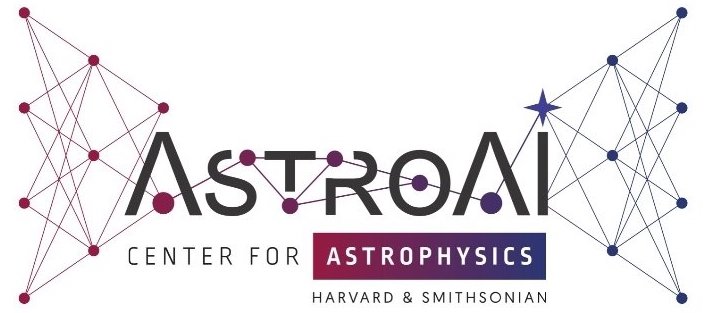Uncovering the Molecular Recipe for Protoplanetary Disk Masses
Presenter: Amina Diop
Title: Uncovering the Molecular Recipe for Protoplanetary Disk Masses
Date/Time: Monday, June 17th, 2:30 - 4:00 PM; Thursday, June 20th, 3:30 - 5:00 PM
Abstract: Planets form in the disks of gas and dust surrounding young stars commonly known as protoplanetary disks. With the discovery of more than 5000 planets exhibiting unique orbital patterns and chemical compositions, the next frontier is to investigate how disks evolve into such diverse systems. Yet, one key disk property has been historically challenging to determine, that is the disk gas mass. The gas mass is an important property that sets the budget for planet formation, drives disk evolution, and is an essential benchmark for testing planet formation theories. This property has remained elusive due to the difficulty in detecting molecular hydrogen, which makes up the bulk of the gas. CO has been often used as a mass proxy, but is subject to depletion, which makes it unreliable. Recent studies have shown that combining molecules could result in better mass estimates. With the discovery of 25 unique species in disks, the question is which molecular combinations robustly trace disk mass? We seek to answer this question by taking advantage of the rich data collected by the Disk-Exoplanet C/Onnection (DECO) ALMA program. DECO is currently observing 80 disks with a spectral setup covering at least 25 molecular lines. To interpret the DECO data and retrieve disk masses, we are building a large grid of chemical models, extracting fluxes for DECO-relevant lines, and searching for useful combinations using machine learning techniques. In this talk, I will present some preliminary findings from our ongoing endeavor.
